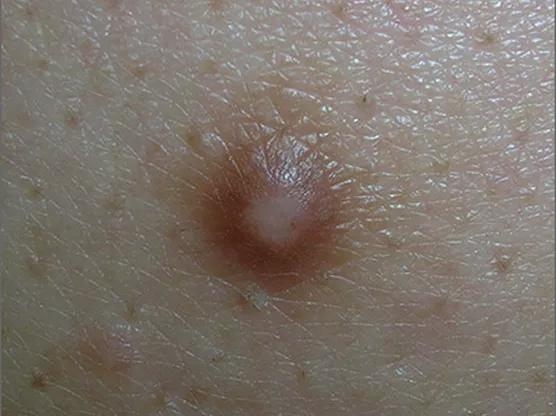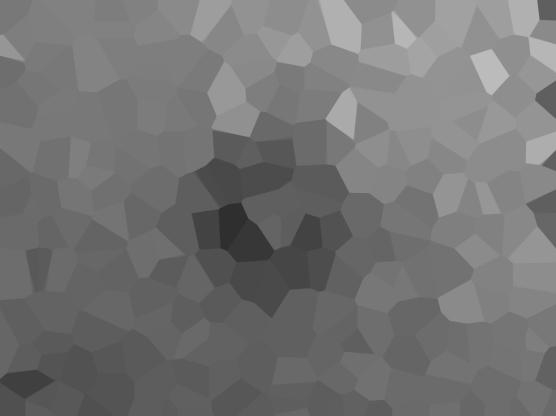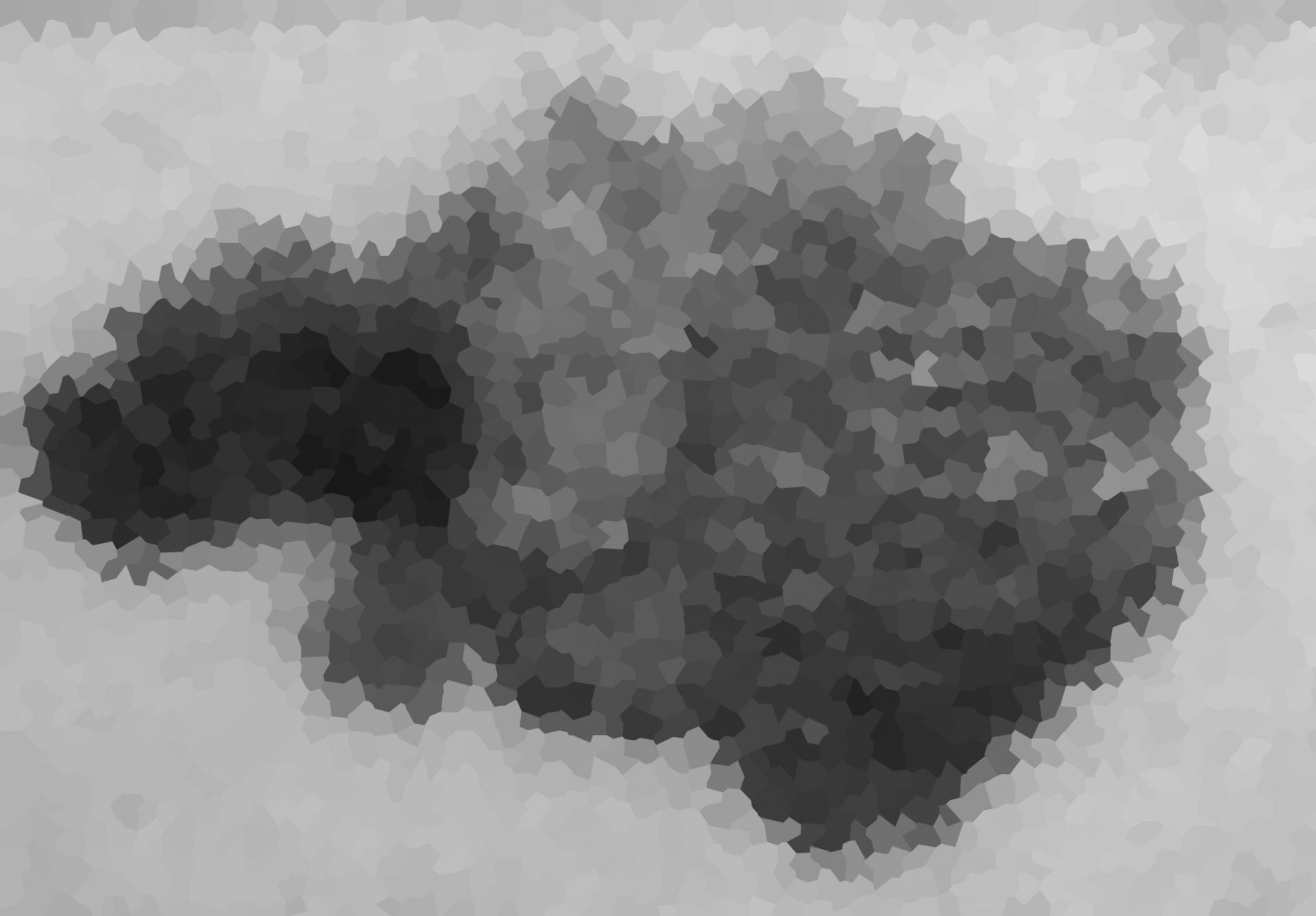Machine Learning in the Health Sector
Artificial intelligence can also be of great help to doctors in diagnostic imaging. For example, the system is capable of accurately grouping various skin lesions and contributes to the elimination of misdiagnosis.
Detection of Skin Lesions with Machine Vision
- Base model: VGG–16 Kaggle modell
- Dataset: HAM10000 – actinic keratosis, basal-cell carcinoma, benign keratosis, dermatofibroma, melanoma, melanocytic nevus, vascular skin lesion
- Input: 224×224
- Output: percentage probability of 6 possible skin lesions
The following VGG-16 model that was trained with physician-controlled images can identify 6 types of skin lesions with 85% accuracy.
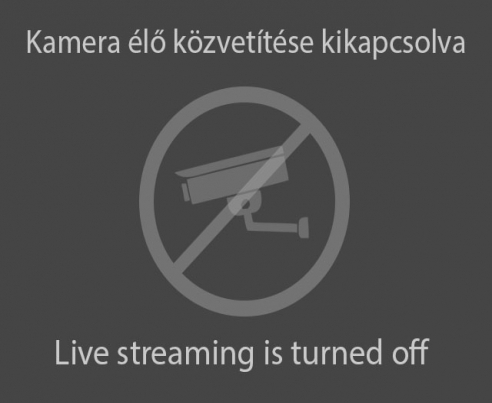
Skin Lesion Analyzer
powered by
Artificial Intelligence
Please Note: This is a prototype.
Covid-19 patients x-ray analising with machine learning models (example, it does NOT reflect reality)
Development: Detection of COVID-19 Cases from Chest X-rays
Effective screening of infected patients is key in the fight against COVID-19. Early examinations revealed that chest X-rays showed abnormalities if infection was present. COVID-Net, is a community-developed software designed to diagnose COVID-19 infection based on chest X-rays (CXRs). It is open source and available to the public.
A data set of 13,975 CXR images is currently available for development.
Development can be accelerated with the expansion of the research and data scientist community. The result will be a very accurate and practical, deep learning based solution by which COVID-19 cases can be easily detected.
More information on the project: github.com/lindawangg/COVID-Net
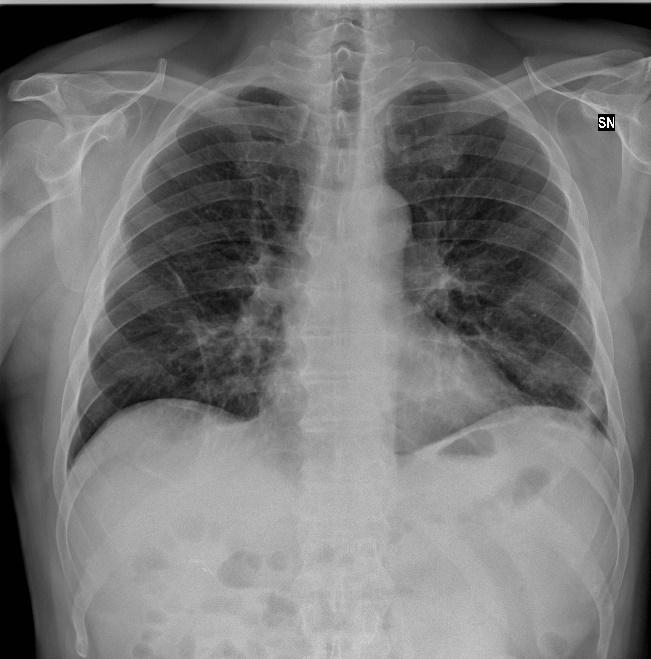
Covid Inference Result
Prediction: COVID-19
Normal: 0.031
Pneumonia: 0.189
COVID-19: 0.780
Covid Inference Severity
Geographic severity: 0.519
Geographic extent score for right + left lung (0 - 8): 4.155
Opacity severity: 0.388
Opacity extent score for right + left lung (0 - 6): 2.329
